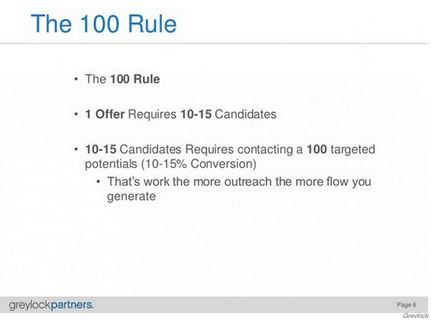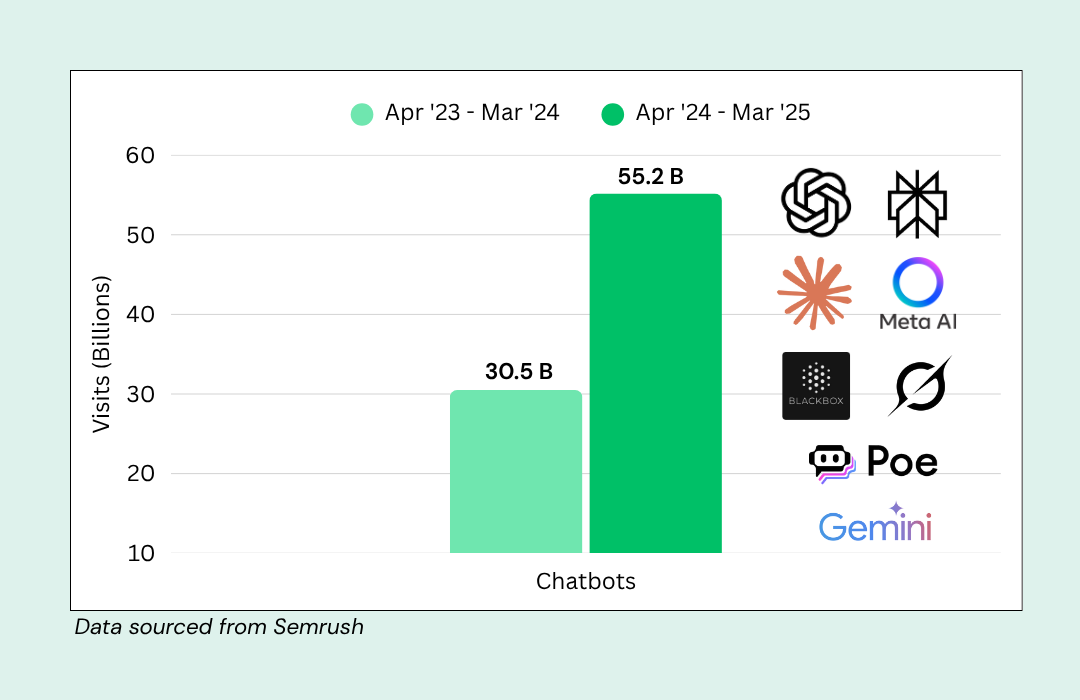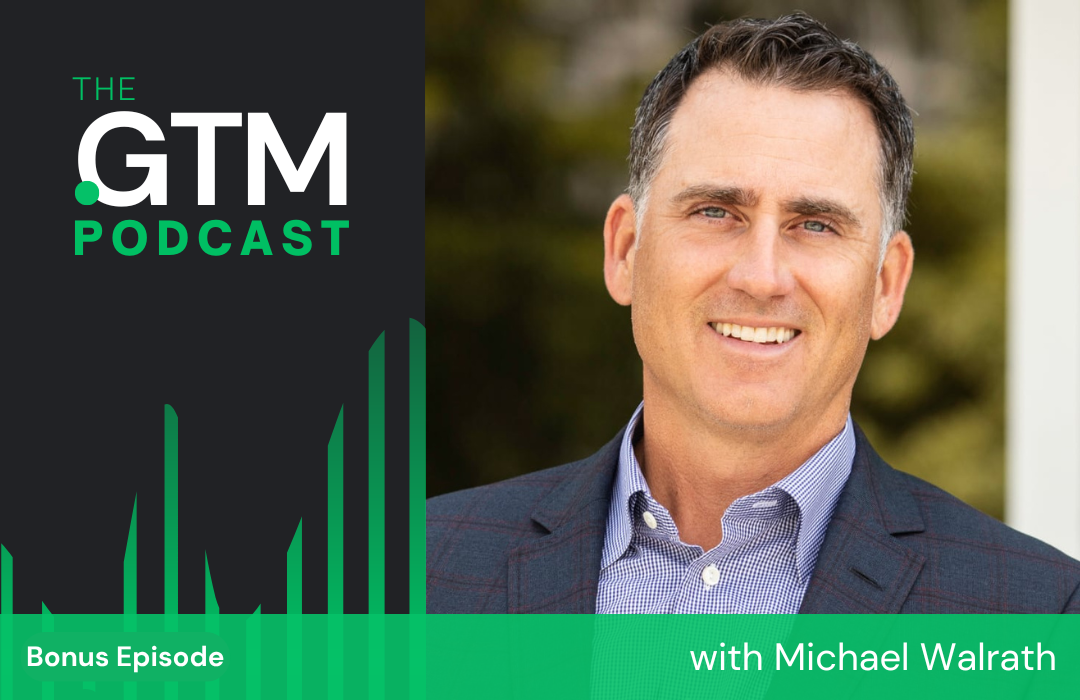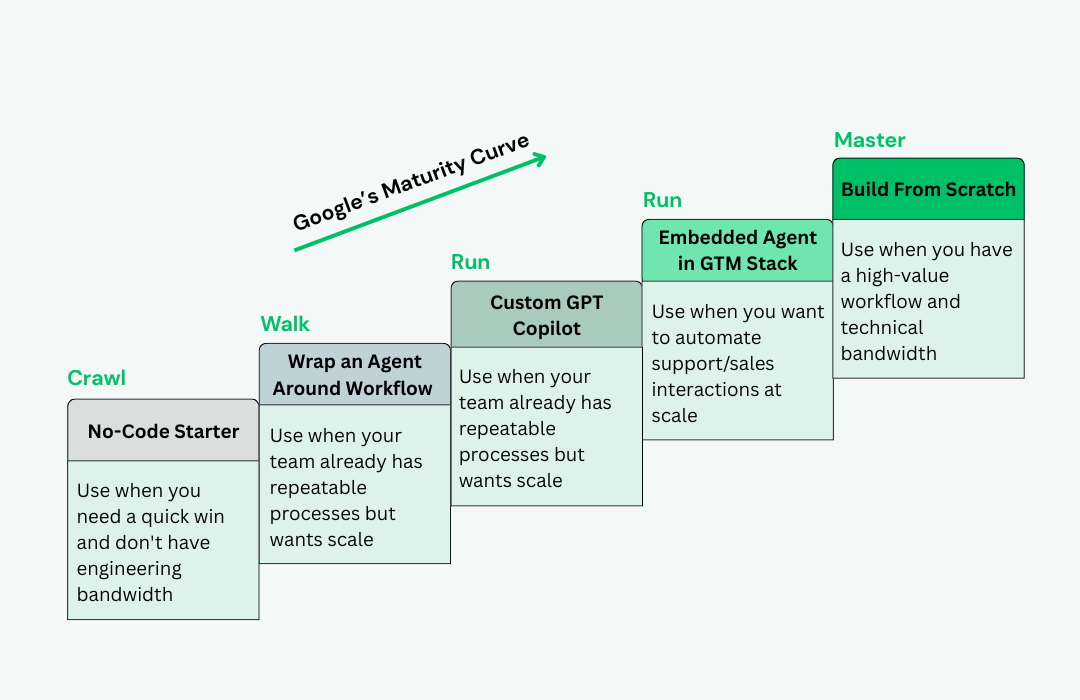In the span of two years, I’ve interviewed over 1,000 sales candidates – and hired fewer than 50. As any Sales leader will tell you, hiring is the #1 priority. Why did I hire less than 5% of the candidates? Because every bad hire is two steps backwards, and drains significant resources from the existing team.
What separates the welcome aboard from those sent off with a “thanks, we’ll be in touch”?
Let’s dig in.
“Nothing we do is more important than hiring and developing people. At the end of the day, you bet on people, not on strategy” – Lawrence Bossidy, former COO of General Electric.
Related: Want a Sales Job? Burn Your Resume: Send a Video Instead
Passion Is Everything
Why passion? You can determine a candidate’s desire to succeed in thirty minutes or less. Simply, you’re looking for those who care versus those who do not.
How does one identify passion? Can one identify this often overlooked attribute, or is it an intangible buzzword? Over the course of 1,000 interviews, I’ve learned how to gauge a candidate’s level of passion via various proxies — and am pulling back the curtain.
The Power-Law & Human Performance
Human performance doesn’t follow the Pareto’s principle (commonly known as the 80/20 rule). John Bersin illustrates, human capital does not follow a Normal Distribution rather aligns with the Power-Law (a long tail curve).
The Power-Law implies that people who outperform the average will often generate 3x the value of those at the tail end of the curve.
What does this mean for hiring? Finding people who possess hyper-performance attributes will lead to long-term value creation.
Interview Sourcing 101
- Sourcing and retaining top-talent requires rigor in the interview process. Investing in the front-end of the process helps you maintain high team retention, instead of going quick and dirty only to fire due to performance or cultural fit in a few months. Taking time to hire increases your odds of securing the best hire. Consistently hiring the best hire means that, in each round of interviews, your talent pool becomes better and your future candidate base improves in quality, raising the bar for as each new round.
Drawing from Greylock Partners, I apply the 100 Rule across all hiring decisions.
Reaching 100 candidates per position requires a broad set of recruiting channels:
- University job boards (FirstJob, AfterCollege)
- Agency recruiters (Rainmakers, Premier Staffing, Andiamo Group)
- Recruiting marketplaces (Gogohire, Hired)
- LinkedIn (set up saved searches for potential candidates and promote your jobs with sponsored ads)
- Recurring referral network effect (hire top-talent and they’ll refer an endless network)
- Corporate job board (invest time with HR to ensure the positions and branding align with your candidates)
Recruiting is often considered a function of Human Resources, however leading hiring managers who care and are passionate about the growth of their team embrace the process.
Phone Screen Meet In-Person
Tijd is Geld (Dutch idiom for time is money). How long do you spend on phone screens? Thirty minutes? How long do you spend meeting a candidate in person? Thirty minutes.
Don’t be lazy. You’re in Sales. Take the time to invest in candidates and they’ll invest in you.
Meeting interviewees in-person provides the candidate with the opportunity to meet you, shake your hand, assess the office culture and more importantly demonstrates your investment in the relationship. For hiring managers, meeting candidates in person gives you insight into their preparation (prepared questions, competitive analysis, etc.), allows you to see their ability to think on their feet, and lets you gauge their passion to work with you.
In the same way you’re building meaningful relationships with your future customers, candidates deserve the same experience.
“Our whole philosophy became ‘let’s take most of the money we would’ve spent on paid advertising and paid marketing and instead of spending it on that invest it in the customer experience/customer service and then let our customers do the marketing for us through word of mouth’ and that became the whole business model.”
Tony Hsieh (the Founder and CEO of Zappos) mentions customers, however, this applies to candidates too.
Listen to their story. Tell yours. Every interview is an opportunity to create a fan and a customer.
Sales is a Conversation
An interview should not be an interrogation. In the same way your future customers don’t want to play a game of twenty questions, your next hire would prefer you to treat them like a human.
Making a connection with a candidate requires a two-way dialogue around their background, experiences and applicable skills. This requires investment from the interviewer into beyond just the accomplishments from their prior job.
From my experience, making the candidate feel comfortable and welcome is the first step to open communication – subtle cues to a candidate to indicate that their interest in working on the team is as important as mine.
- In the subject line of meeting invite, flip the model: candidate to interview hiring manager
- Meet in person – show you care
- Build rapport by digging into their background: where they grew up, what do they do outside the office, what they’re reading, where they’ve travelled, etc.
- Greet them at the door, and pay the same courtesy as they leave
- Make sure you provide time to answer their questions, not just your own.








